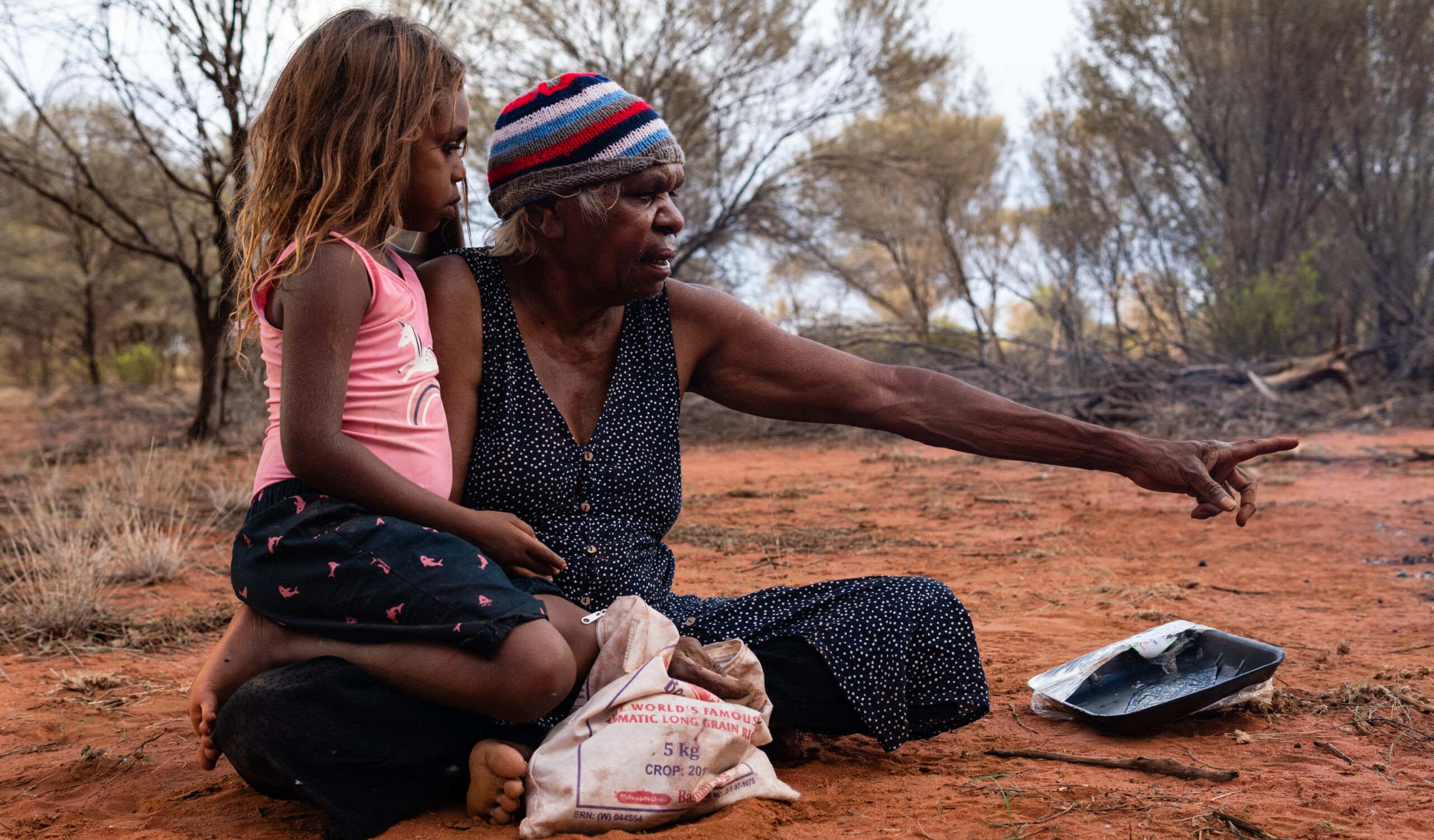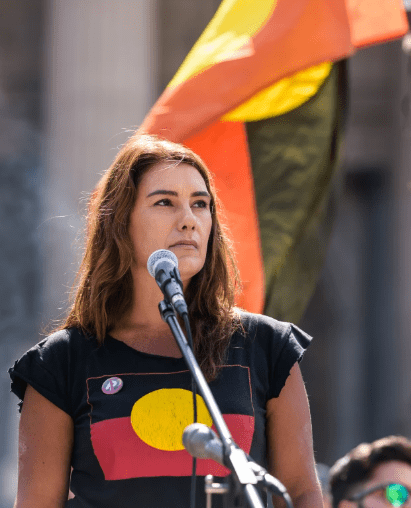A damning report by the Productivity Commission has highlighted the persistent failure of governments across Australia in addressing the systemic disadvantages experienced by Indigenous peoples.
The comprehensive 99-page evaluation of the 2020 National Agreement on Closing the Gap, unveiled on Wednesday, presents scathing findings, including the federal governments’ apparent lack of understanding around the commitments they endorsed.
It contends that decisions made by governments at various levels frequently exacerbate the pre-existing disadvantages faced by Indigenous Australians, primarily due to a profound failure to heed the voices of First Nations peoples.


“Now it looks like another broken promise from Labor,” she said.
“This government needs to come clean with First Peoples and everyone in this country, and begin telling the truth, instead of giving people more false hope.”
Thorpe also on Wednesday announced plans to introduce a Genocide Bill to strip Australia’s Attorney-General of their power to prevent the prosecution of genocide, crimes against humanity and war crimes in Australian courts.
The Bill amends the Criminal Code Act 1995, targeting the requirement for the Attorney-General’s consent for proceedings in relation to these crimes to commence.
The publication of the Productivity Commission report comes merely four months after both major political parties pledged to tackle the inequalities endured by Aboriginal and Torres Strait Islander communities, following the setback of the Voice to Parliament referendum.
During his referendum night address, prime minister Anthony Albanese urged the nation to “collaborate to address the genuine division,” while opposition leader Peter Dutton vowed to “implement practical solutions necessary to enhance outcomes and bridge the gap.”
However, the federal government is yet to unveil a new Indigenous affairs policy since that evening, although Minister Linda Burney is expected to make an announcement next week.
Commissioned in 2022 by the then-treasurer Josh Frydenberg, the review observed that governments are opting to rebrand existing policies rather than devising fresh initiatives to narrow the gap. Natalie Siegel-Brown, one of the authors, remarked.
“To date, most government actions and plans to implement the agreement relabel business-as-usual, or simply tweak existing ways of working,” she said.
“The agreement can and should be a blueprint for real reform, but governments will need to move beyond business as usual and address the entrenched attitudes, assumptions, and ways of working that are impeding progress.”
The National Agreement on Closing the Gap, signed by both the federal government and all state and territory governments in July 2020, commits to “overcoming the entrenched inequality faced by too many Aboriginal and Torres Strait Islander people so that their life outcomes are equal to those of all Australians.”
It outlines 17 target areas, spanning from health and life expectancy to education, incarceration rates, and employment opportunities.
However, an interim update last year revealed that only four targets were on track, while another four were regressing.
The report released today, serving as the inaugural three-yearly review of the 2020 agreement, delivers four recommendations to all governments to enhance target achievement: share power, acknowledge and support Indigenous data sovereignty, fundamentally reconsider mainstream government systems and culture, and institute more robust accountability measures.
Co-author Romlie Mokak said, “The Agreement provides for an independent mechanism that will drive accountability by supporting, monitoring, and reporting on governments’ transformations, but here too governments have dragged their feet… If governments do not make change on the scale that’s required, the agreement will fail, and the gap will remain.”
The report asserts, “All Australians should expect that in three years’ time, the commission will be providing a very different assessment.”

